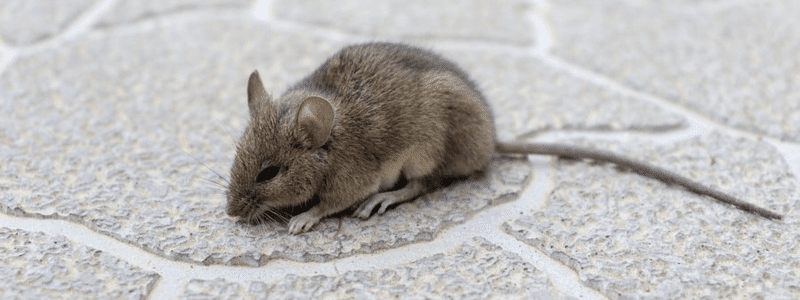
Elusive Intruders: Understanding Why Mice Are Difficult to Eradicate in Elmont
Mice have been living alongside humans for centuries, causing damage, spreading diseases, and contaminating food. Despite advances in pest control, mice remain a persistent nuisance, outsmarting homeowners and proving difficult to eradicate. In this blog post, we will explore the reasons behind the resilience of mice and offer tips on addressing infestations effectively, especially if you are having trouble with Mice in Elmont.
Masters of Environmental Adaptation
Mice are experts at adapting to their surroundings, thriving in diverse settings ranging from bustling cities to quiet countryside homes. They quickly adjust to changes in their environment and learn from failed extermination attempts, making them difficult to control.
Prolific Breeders
A mouse infestation can escalate rapidly due to their amazing reproductive skills. Female mice can produce dozens of offspring yearly, and with those offspring maturing quickly, populations can spiral out of control in a matter of weeks.
Tiny Invaders
Mice can dig into homes through openings as small as a dime. Their flexibility and ability to squeeze into extremely tiny spaces make it incredibly challenging to fully secure a building against their entry.
Destructive Gnawing Habits
The ever-growing teeth of mice compel them to gnaw continuously on materials such as wood, plastic, and even softer metals. This habit not only leads to structural damage but also creates new entry points, further complicating extermination efforts.
Nighttime Activity
Mice are nocturnal by nature, carrying out most of their nesting activities during the night where its dark. This nighttime behavior allows them to remain hidden, often until the infestation has reached significant levels.
Instinctively Cautious
Mice, though less wary than rats, often exhibit a degree of neophobia—or caution towards new objects in their environment. This makes traps and bait stations less effective starting out, requiring time and persistence to outsmart them.
Evolving Immunity
Over time, mice have developed resistance to various types of rodenticides. This growing immunity makes traditional poison-based control methods less effective, pushing homeowners to explore more innovative and multifaceted extermination strategies.
Conclusion
Mice are tenacious, clever, and prolific pests that challenge even the most diligent homeowners. Their adaptability, rapid breeding, ability to infiltrate tiny spaces, destructive gnawing, nocturnal habits, cautious nature, and resistance to poisons all contribute to the difficulty of eradicating them.
To address a mouse infestation successfully, homeowners must adopt a strategic and multi-pronged approach, including sealing entry points, deploying traps effectively, and enlisting professional help when needed. Understanding these crafty creatures is the first step toward taking back control of your home.


